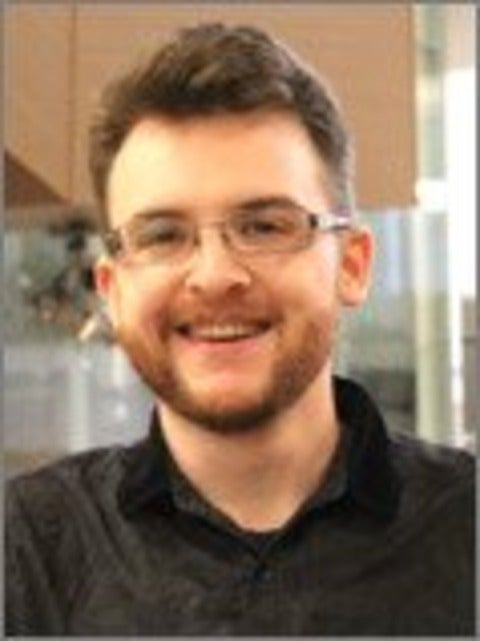Seminar: Rotem Liss
On the geometry of entanglement
Rotem Liss, Technion – Israel Institute of Technology
Entanglement is an important concept in quantum information and computing. In this talk, I present a simple geometrical analysis of all rank-2 quantum mixed states. The analysis is complete for all the bipartite states, and is partial for all the multipartite states.

 Zachary Webb of the Department of Physics and Astronomy is defending his thesis:
Zachary Webb of the Department of Physics and Astronomy is defending his thesis: